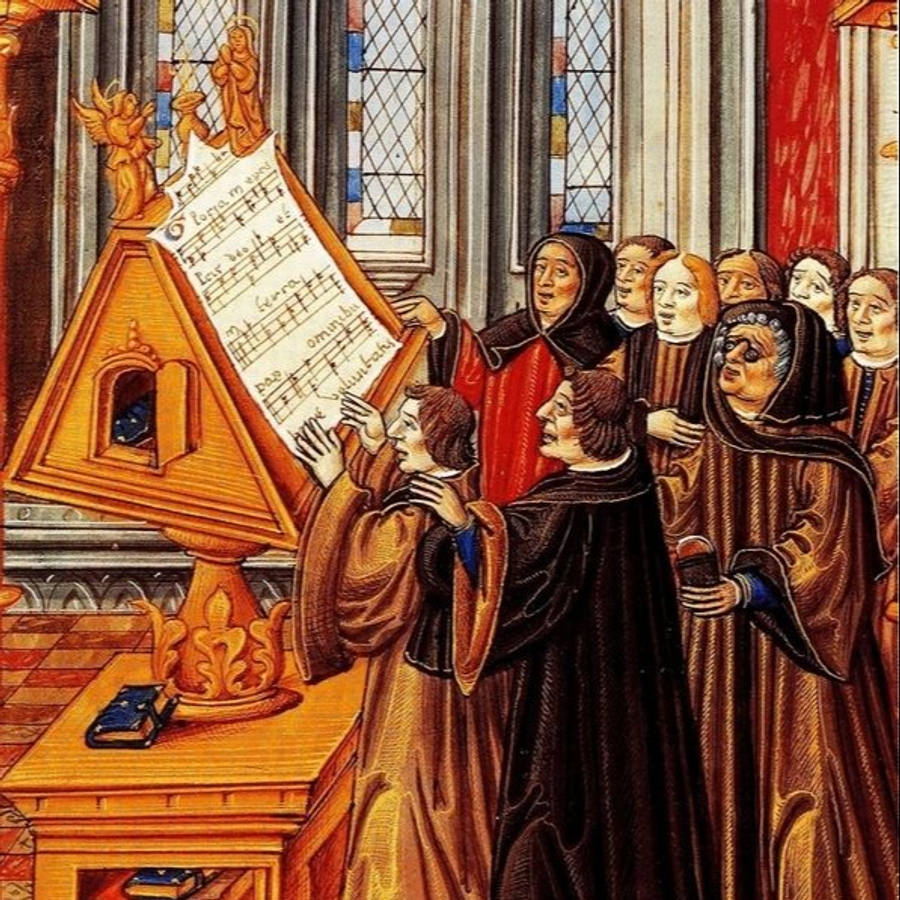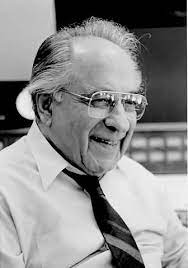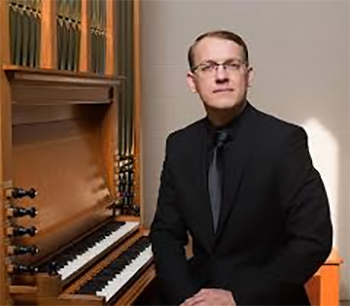by Daniel Hathaway
Back home from leading a group of Oberlin organ majors who spent Winter Term organ-hopping in Germany, Jonathan W. Moyer plays works by Claude Balbastre, Carl Philipp Emanuel Bach, Jehan Alain, and his own Fanfare: “The Trumpet Sounds Within-a-my Soul” on the Tuesday noon series at the Church of the Covenant. Listen in person or catch a live stream.
Visit our Concert Listings for details.
INTERESTING READ:
“Composer and conductor John Williams is one of the most respected and beloved figures in music. He reflects with League [of American Orchestras] President and CEO Simon Woods on the beginnings of his career, a lifetime in music, and his love for orchestras.” Read the article from Symphony here.
NEW PODCAST:
Kevin McLaughlin has released a new podcast on his “At The Jazz Band Ball” platform. Jazz Soundies 1940-1946 features early music video soundtracks from Louis Jordan, Duke Ellington, Roy Eldridge, Anita O’Day, Fats Waller, The International Sweethearts of Rhythm, et al.
TODAY’S ALMANAC:

Cleveland Chamber Choir featured his Alma redemptoris mater, paired with a setting of the same words by contemporary British composer Cecilia McDowall in its December, 2019 concert at First Baptist Church.
The 16th century painting above shows the composer (wearing eyeglasses!) with his choir singing from a large choirbook — standard practice before the invention of music printing and copy machines. Schola Cantorum Brabantiae performed Ockeghem’s Missa l’Homme Armé in authentic style in a 2005 concert in Slovenia. Watch here.
Ockeghem also left a significant number of secular pieces, collected in this LP by the Medieval Ensemble of London.
French organist André Marchal was born blind on February 6 in 1894, an affliction that didn’t prevent him from becoming a skilled improviser and teacher. Hear him play improvisations on three different instruments — at the Palais de Chaillot, the Royal Festival Hall in London, and the Cathedral of Notre-Dame in Paris here. He visited Cleveland to play a series of recitals at the Cleveland Museum of Art in 1947-48.
Marchal’s most important post was the Eglise Sainte-Eustache, situated in Les Halles, the medieval market neighborhood of Paris, where he recorded Franck’s Grand pièce symphonique in 1958. He resigned over a disagreement with the authorities about which builder should be entrusted with the renovation of the instrument (the contract went to the Dutch firm J. L. van den Heuvel Orgelbouw).

Those who would like to revisit or experience for the first time his resonant “Hello, everyone” and theme song (the slow movement from Beethoven’s “Pathétique” Sonata, which he often played himself) can click here to listen to selections from his annual Christmas Eve program, “The Story of the Bells.”



